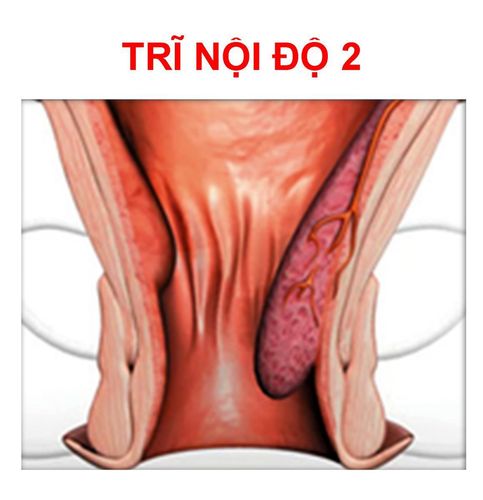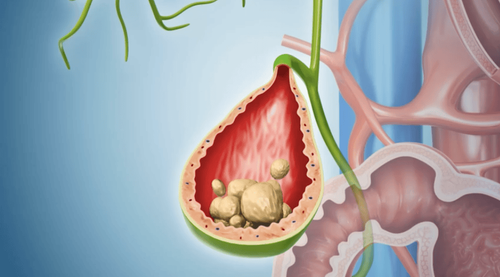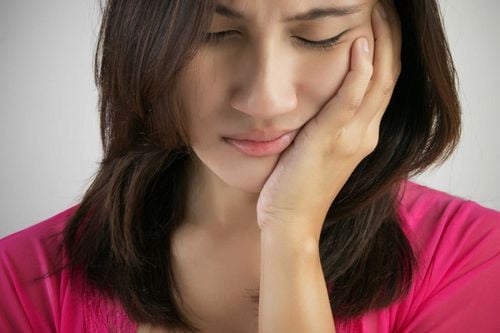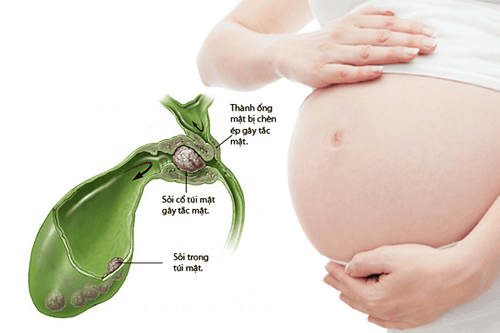The article was professionally consulted by Doctor Gastroenterologist, Department of Examination & Internal Medicine - Vinmec Hai Phong International General Hospital. The doctor has 27 years of experience in the field of gastroenterology.
Mumps is often mistaken for other salivary gland conditions. While mumps can lead to infertility, simple parotid gland inflammation may result in facial deformities.
1. What is the difference between parotitis and mumps?
Parotitis (parotid salivary gland inflammation) and mumps have clinical symptoms in the salivary glands, most commonly in the parotids. Both diseases have similar inflammation signals in parotid salivary glands but the consequences of them are deeply different.
In particular, mumps can lead to infertility, while single parotitis can cause facial deformity. Therefore, parents need to clearly distinguish parotitis and mumps for appropriate treatment and observing.
If the parotids are inflamed caused by mumps virus, it would be considered as mumps, however, the rate of this condition just accounts for 24% of the total parotid diseases. These are two diseases occurring in the parotid glands, but the causes, resulting from treatments, are distinct.
Trắc nghiệm: Bạn có phân biệt được chính xác cảm lạnh và cúm mùa?
Cảm cúm và cảm lạnh là hai khái niệm mà chúng ta thường đánh đồng nó giống nhau, không phân biệt rõ ràng. Dưới đây là một số câu hỏi trắc nghiệm, giúp bạn có thêm những kiến thức phân biệt cảm lạnh và cảm cúm. Từ đó, có những biện pháp điều trị bệnh phù hợp.2. Mumps
Mumps is caused by a virus that belongs to the group of Paramyxoviruses. The disease is transmitted by the respiratory route, through aerosols of the breath, transmitted directly from sick people to healthy people. Mumps is very common, has clear epidemiological characteristics, most often occurs in the spring, especially in the period of April and May, sometimes outbreaks into epidemics in places where people gather. (kindergarten, school).

2.1. Symptoms of mumps
After 14 - 24 days from being exposed to the mumps viruses, which can spread even in incubation period, the patient will typically experience high fever ranging from 38 - 39 degrees Celsius, headache, anorexia, dysphagia, arthralgia (pain in joints), difficulty speaking.
The parotid salivary gland becomes swollen, extending to the area in front of the ears and down to jaws, pushing the ears upward and outward. Sometimes, the swelling can spread to the chest causing edema in front of the sternum.
The skin in the swollen area remains normal, no heat, no redness and retains its elasticity. Mumps typically causes swelling in both parotid glands, but sometimes only one side is affected. The ratio of bilateral swelling to unilateral swelling is 6:1. The parotid glands in mumps usually swell gradually over 3 days and then decrease slowly over about a week. If both sides are affected, the second gland may not swell at the same time as the first one, but instead may begin swelling once the first gland starts to subside.
In parallel with the lesions in the salivary glands, the mumps virus can also cause inflammation in other organs such as the testicles, brain membranes, brain, pancreas, bronchial tubes, lungs, joints, or other organs like the lacrimal glands, thymus, thyroid, mammary glands, and ovaries. These complications generally have atypical symptoms and tend to have a benign course.
2.2. Mumps complications
- Orchitis (inflammation of the testicle): This is a common complication during puberty, rare in children under 2 years old and adults over 40. Orchitis usually develops 1 to 2 weeks after swelling of the parotid glands. Symptoms include testicular pain before swelling, followed by swelling of the testicles up to 3 to 4 times their normal size. Typically, only one side swells, but both can sometimes be affected. The swelling generally resolves within about two weeks. It may take about two months to assess whether the testicles have undergone atrophy. The rate of testicular atrophy is 30 - 40%, and if both testicles are affected, the risk of infertility is high.
- Oophoritis (inflammation of ovarian): occurs in 7% of postpubertal mumps cases (rarely causing infertility). If a woman exposes mumps during pregnancy, there is an increasing risk of congenital defects or miscarriage in the first trimester. In the third trimester, there is a higher risk of stillbirth or premature birth.
2.3. Treatment of mumps
There is no specific antiviral treatment for mumps. Management involves supportive care, including the use of analgesics and antipyretics, such as acetaminophen. Ear discomfort can be managed with warm or cold compresses. Orchitis can be controlled with non-steroidal anti-inflammatory drugs (NSAIDs) and cold compresses to reduce inflammation.
Patients should be isolated for at least 2 weeks when infected with mumps. Rest is essential, and movement should be limited, particularly during the fever and parotid gland swelling phase (the first 4 - 6 days). In cases of orchitis, the patient should wear supportive underwear to lift the testicles and alleviate pain. If mumps occur during adolescence, early treatment is important.
3. Parotid salivary gland disease 3. Parotitis pathology

Simple parotitis is caused by infectious agents such as Staphylococcus aureus, Parainfluenza, Coxsackie,.... Occasionally, parotitis can also be caused by salivary gland stones, which block the salivary duct and lead to inflammation. Typically, the condition only affects the salivary glands and follows a benign course, with most cases resolving on their own, though some may progress to chronic hypertrophic parotitis.
3.1. Symptoms of parotitis
The parotid glands become swollen, with the swelling extending around the gland. The skin over the swollen area becomes red, painful, and swallowing or speaking becomes very painful. There are may be reactive lymphadenopathy in the region of the jaw angle or behind the ear on the same side. Fever ranges from 38 - 39 degrees celsius, and pus can drain from the Stensen's duct opening when pressing to parotid area.
Sialolithiasis (parotitis caused by salivary gland stones) typically affects one side and may recur. Patients often experience pain or discomfort in the parotid area when exposed to sour foods or before meals, accompanied by increasing saliva.
Parotitis caused by bacteria or viruses often affects one side. The disease can follow conditions like tonsillitis, gingivitis, reduced or absent saliva after surgery, neuroleptic or hyperthyroidism treatment, immune suppression, necrotizing pancreatitis, bleeding, or other conditions. Many cases occur after gastrointestinal surgeries or organ transplant procedures. Parotitis may also occur after cat scratch disease. Parotid inflammation in these cases presents as swollen and painful, but the area remains soft when pressed, and the surrounding skin appears smooth.
Acute parotitis in children: if the mother's antibodies are defective, the newborn will have acute parotitis on one or both sides.
3.2. Parotitis complications
Simple parotitis typically does not cause damage beyond the salivary glands. The disease is often isolated and arises when there is another infection in the oral cavity or upper respiratory tract. The disease can occur at any age but not many people at the same time, so there is typically no contagious disease outbreak.
To schedule an appointment at the hospital, please contact the HOTLINE or book directly HERE. Download the MyVinmec App to manage, track, and schedule appointments conveniently anytime, anywhere.













